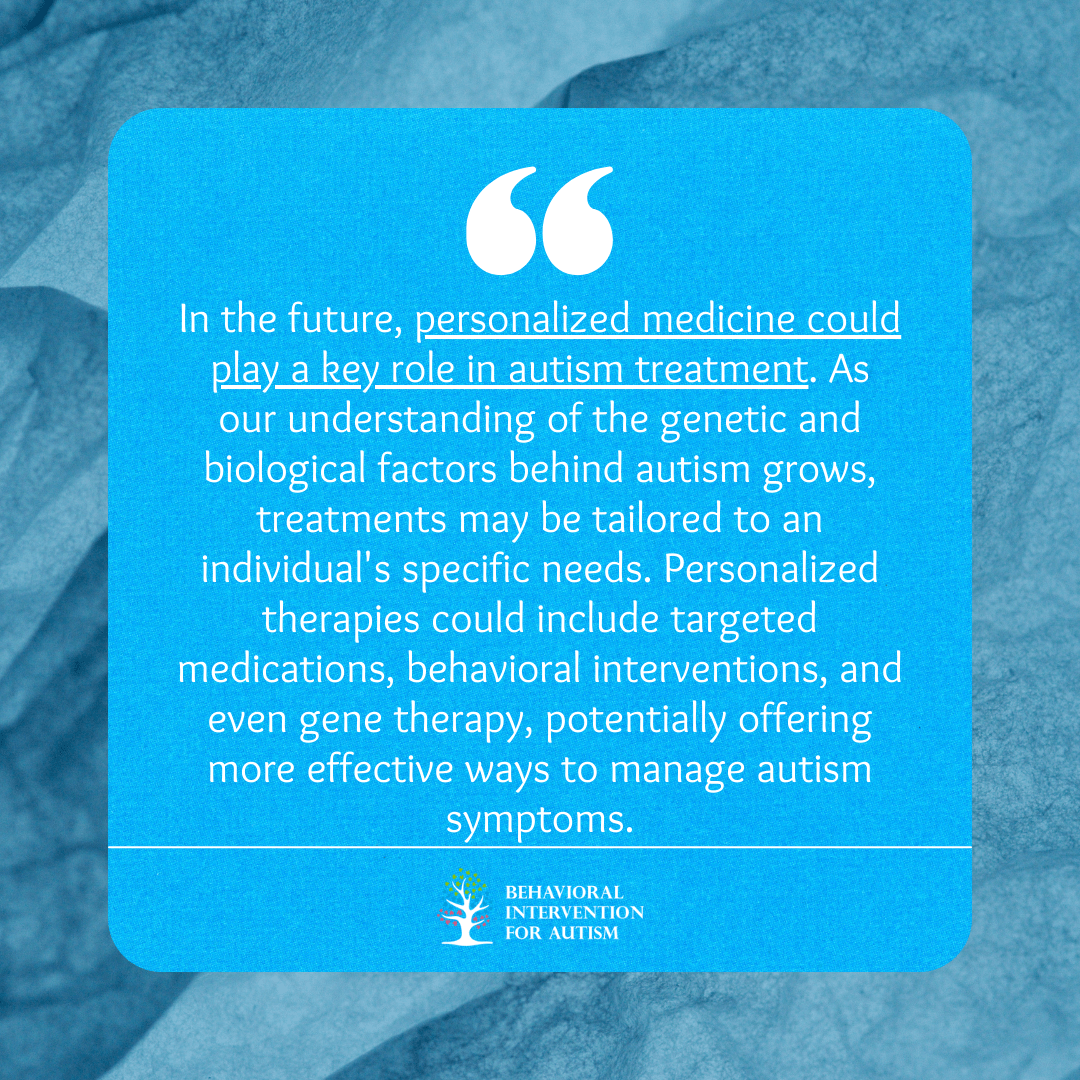
Table of Contents
Autism Spectrum Disorder (ASD) is a complex neurological condition that affects millions of individuals worldwide. With its wide-ranging impact on behavior, communication, and social interaction, the search for effective treatments and a potential cure has been ongoing for decades. While there is no definitive cure for autism yet, significant breakthroughs in research and therapy are bringing new hope for families and individuals. This article delves into the latest news on autism cure, current treatments, and what the future holds.
1. Advances in Autism Research and Potential Cures
Recent research in autism has made significant strides, offering new insights into its causes and potential treatments. Genetic studies have identified several markers linked to autism, shedding light on how specific genes influence brain development and social behavior. This understanding could pave the way for targeted therapies or even gene-editing technologies in the future.
Brain stimulation techniques, particularly non-invasive methods like transcranial magnetic stimulation (TMS), are another promising area of exploration. These therapies aim to enhance neuroplasticity, the brain’s ability to form new neural connections, potentially improving communication and social skills for individuals with autism.
In addition to genetic and brain stimulation research, early intervention has become a major focus. Advances in diagnostic tools, including brain imaging, eye-tracking technology, and genetic testing, are enabling earlier detection of autism. This can lead to more timely and effective interventions, improving long-term outcomes for children.
Overall, the combination of genetic research, brain stimulation, and early diagnostic advancements is driving progress in autism treatment. As these areas continue to evolve, they hold the potential to significantly enhance the lives of individuals with autism.

2. Current Treatments and Therapies for Autism
While a cure for autism remains elusive, there are numerous therapies and treatments that have shown significant benefits for individuals with autism. Many of these focus on improving communication, social interaction, and behavior. Here are some of the most widely used therapies:
- Applied Behavior Analysis (ABA):
One of the most widely recognized therapies for autism is Applied Behavior Analysis (ABA). ABA focuses on teaching specific skills and behaviors through structured reinforcement techniques. ABA has been proven to help individuals with autism improve language skills, reduce problematic behaviors, and increase social interaction. While it is not a cure, ABA therapy remains one of the most effective methods for managing autism symptoms and improving quality of life.
- Speech and Language Therapy:
Speech and language therapy is another common treatment used to help individuals with autism. These therapies focus on improving communication skills, such as speaking, understanding language, and using non-verbal cues like facial expressions and gestures. Since many individuals with autism struggle with language, this therapy is crucial in helping them better communicate with others and navigate social situations.
- Occupational Therapy (OT):
Occupational therapy helps individuals with autism develop the skills needed for daily living. OT addresses sensory processing issues, motor skills, and other aspects of functioning that can impact independence. Occupational therapists use a variety of techniques to help children and adults with autism achieve greater autonomy in tasks like dressing, eating, and participating in social activities. - Medications and Pharmacological Approaches:
Although there is no cure for autism, medications are often prescribed to treat its associated symptoms. For example, certain medications may help manage anxiety, depression, or hyperactivity, all of which are common in individuals with autism. Recent research has also explored the use of medications that target brain chemicals involved in social behavior and communication, offering hope for future treatments.
3. Emerging Treatments and Innovations
In addition to traditional therapies, many emerging treatments are gaining attention for their potential to improve outcomes for individuals with autism. These include:
- Stem Cell Therapy:
Stem cell therapy has sparked interest in autism research due to its potential to repair damaged or underdeveloped areas of the brain. Studies in animal models have shown promising results in using stem cells to improve social behaviors and cognitive function. While clinical trials in humans are still in early stages, the potential for stem cells to help regenerate brain tissue could be a game-changer in autism treatment.
- Nutritional Interventions:
Some studies suggest that dietary changes may have a positive effect on autism symptoms. Certain nutritional interventions, such as the gluten-free, casein-free diet, have been explored to help manage behaviors and improve communication. Other research is focusing on the role of gut health in autism, with findings suggesting that probiotics and specific nutrients could impact brain function and behavior in individuals with autism.
- Virtual Reality Therapy:
Virtual reality (VR) is an emerging tool in autism therapy. VR therapy allows individuals with autism to practice social skills and exposure to real-world scenarios in a controlled, immersive environment. By using VR to simulate social interactions, individuals can improve their social understanding, reduce anxiety, and gain confidence in navigating everyday situations. - Artificial Intelligence (AI) in Autism Treatment:
Artificial intelligence is being explored as a tool to enhance autism treatment. AI systems can analyze large amounts of data from brain scans, behavior patterns, and genetic information to predict the best course of treatment for individuals with autism. AI is also being used in diagnostic tools and to track the progress of therapy, making treatment plans more personalized and effective.
4. What the Future Holds for Autism Cure
While no cure for autism exists, ongoing research and scientific advances offer new hope for individuals with autism and their families. Progress in genetic research, innovative therapies, and technology is paving the way for breakthroughs that could significantly improve outcomes for those affected by autism.

A more holistic approach may also shape the future of autism treatment. Combining behavioral, pharmacological, nutritional, and technological therapies could provide a comprehensive strategy to support individuals with autism. This multi-faceted approach would not only address symptoms but also help individuals reach their full potential.
Although a cure is not yet on the horizon, the significant progress in research and treatment offers hope for a brighter future. The ongoing efforts of scientists, clinicians, and families continue to drive forward the search for a cure, while focusing on improving the quality of life for individuals with autism.
Discover Effective Solutions for Autism: Learn How We Can Help
The search for an autism cure continues to be an area of active research, with many exciting developments emerging. While there is no definitive cure yet, early intervention and tailored therapies have shown significant promise in helping individuals with autism manage their symptoms and improve their quality of life. At Behavioral Intervention For Autism, we offer specialized ABA programs in Florida that focus on creating personalized strategies to enhance communication, social skills, and independence. Our experienced team is committed to using evidence-based techniques that bring real results. If you’re ready to take the next step in supporting your loved one, don’t hesitate to reach out to us today for more information on how we can make a difference in your journey.
- 9 Common Obsessions of Children With Autism You Should Know - February 25, 2025
- What is Neurodiversity? A Guide to Embracing Differences - February 25, 2025
- Understanding Hyperfocus in Autism: What It Means and Why It Happens - February 25, 2025
